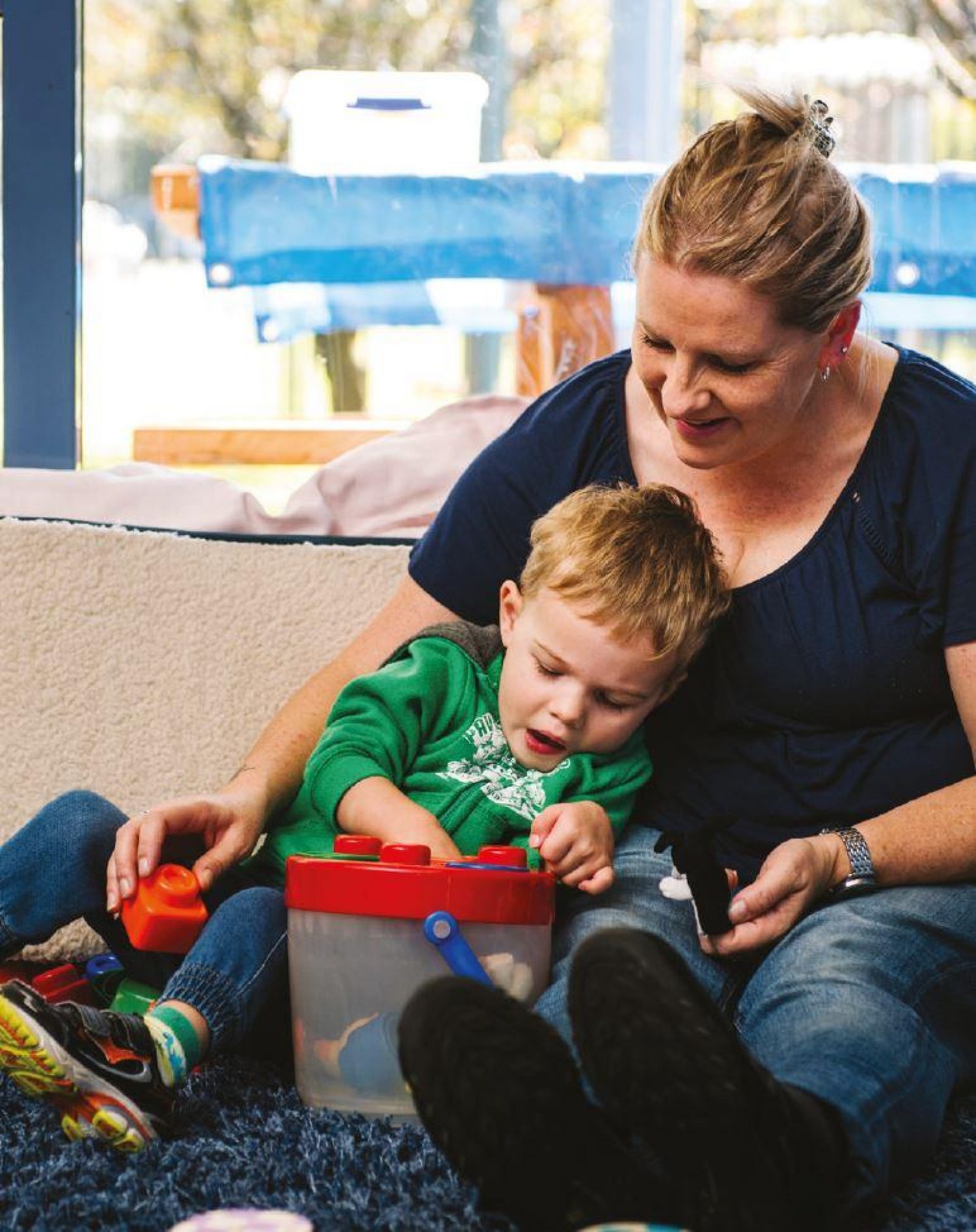In a year of many challenges and changing needs, the Inclusion Agencies managed by KU in QLD, NSW/ACT and VIC responsively adapted and developed innovative ways to continue to provide quality support for early childhood education and care services to support the inclusion of children with additional needs.
As a result, the NSW/ACT Inclusion Agency, Inclusion Support QLD and Victorian Inclusion Agency quickly pivoted to online platforms to conduct virtual visits and maintain ongoing contact with services. Online ‘think tanks’, training and planning days strengthened the capacity of Inclusion Professionals (IPs) to adapt to the changing needs of services and to discuss and develop innovative strategies to provide flexible support to services.
Services embraced technology as an effective and efficient way to communicate and engage with IPs to support Strategic Inclusion Plan (SIP) development – suddenly services that had not engaged before were participating in reflective conversations and developing their first ever SIP. IPs also assisted services by sharing screens to support services to navigate and access the Inclusion Support Program Portal, which proved to be valuable for SIP development. Despite the challenges experienced by services due to COVID-19, there was a 10% increase in current SIPs during the year.
While the pivot to online and phone consultations proved to be very successful and well-received by most services, it presented a challenge for services in remote communities with limited internet and phone connection, who were particularly impacted by COVID-19 due to further limited access to health services, increased staff turnover and closures of Aboriginal and Torres Strait Islander communities to external visitors.
The Inclusion Agencies strived to take on every possible opportunity to connect with services located in these remote communities, and flexible, proactive service delivery ensured that all remote services had contact or support from IAs throughout the year. This included visits where permitted, and working with any external avenues to connect, including engaging with ‘Residentials’ hosted by TAFE to support Indigenous educators from remote services.
Extensive effort was put into maintaining connection, as many communities had high staff turnover which meant IPs needed to establish new connections with staff who were not familiar with the IA. IPs were highly aware and sensitive to all cultural and community protocols before visiting each remote service, and carefully considered the journey of educators in these communities to ensure the support offered was tailored to cultural needs and were realistic for the service, taking into account access to resources.
The Specialist Equipment Library (SEL) became an important way to continue to support these communities. The SEL provides resources and equipment that facilitate the inclusion of children with additional needs, such as portable ramps, standing frames, communication resources and specialised inclusion toys and furniture. Such equipment has the ability to replace an educator’s need to provide intense individual support, allowing a child more independence, choice and control over their bodies and in decision making.
The SEL was able to loan resources and equipment to services, providing stable and consistent support for children with additional needs in a time when they may have been feeling anxious about changes of educators and routines due to impacted staffing and casual staff who may not have in-depth knowledge of children’s individual needs. In 2020, the KU managed SEL offered by Inclusion Support QLD responded to an increased number of requests for equipment, supporting 66% more children during the year.
With the Inclusion Agencies continuing to be impacted by COVID-19, particularly with services in remote communities, the teams remain committed to working flexibly with services across a range of avenues to capably address barriers to inclusion.

